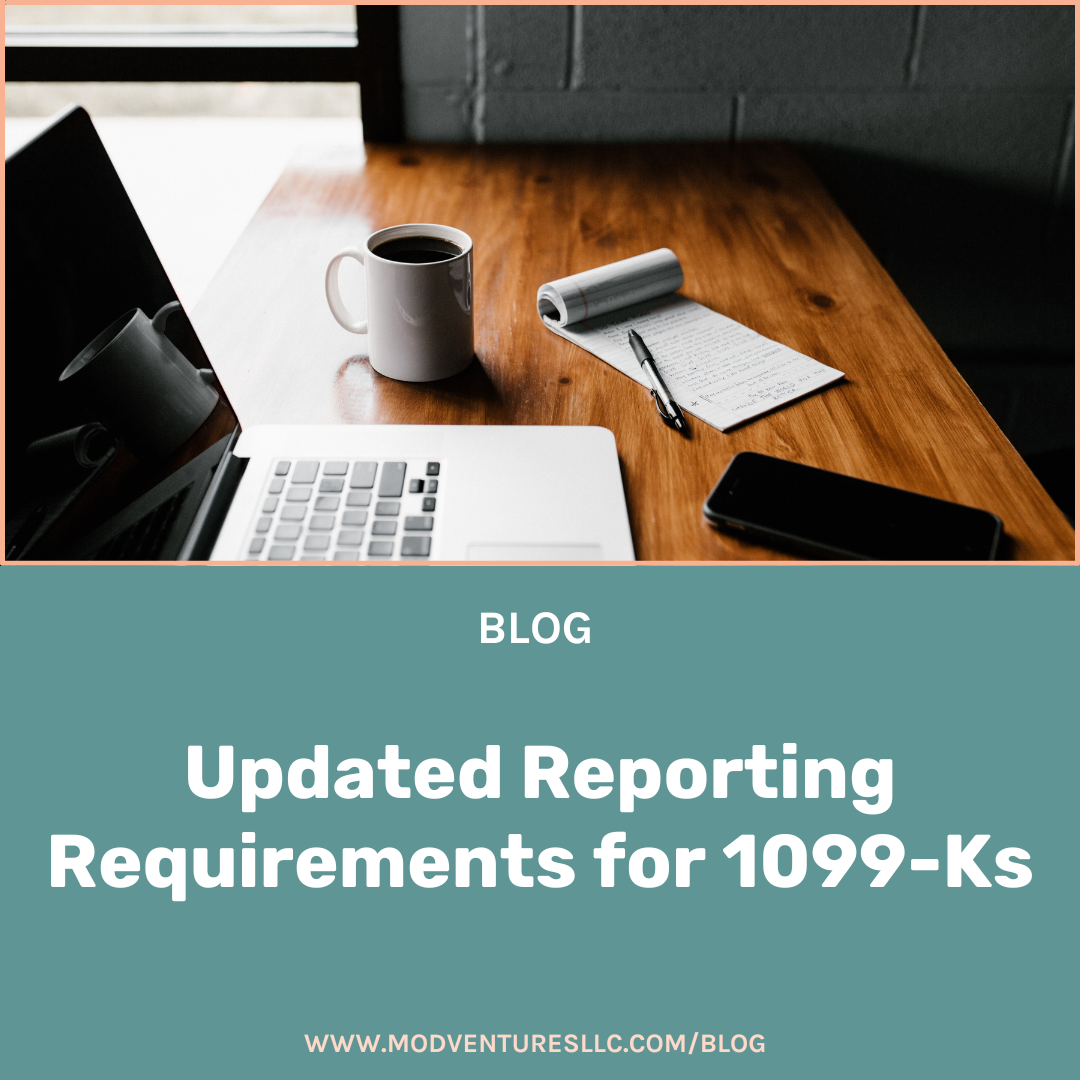By: Gabrielle Luoma CPA, CGMA
By: Gabrielle Luoma CPA, CGMA
If you haven’t done so, this year is when you should start making estimated tax payments – or, at least, consider doing so. As a quick reminder for small businesses earning income from selling goods or providing services, you may receive a Form 1099-K this year for payment card transactions and third-party payment network transactions of more than $600 for the year.
To clarify, the IRS has made no change to the taxability of income. Instead, this is just an additional form for filing and reporting said income.
What is Considered Taxable Income for 1099-Ks?
As mentioned above, there is no change to what is considered “taxable income.” Taxable income includes income from part-time work, side jobs, or the sale of goods. You are required by law to report all income on your tax return unless it is excluded by law – whether you receive a Form 1099-NEC, Nonemployee Compensation, Form 1099-K, or any other information return.
It is important to remember that money received through third-party payment applications from friends and relatives as personal gifts or reimbursements for personal expenses is not taxable, even if they meet or exceed the $600 limit.
What is Considered a Third-Party Payment Application?
A third-party payment application or third-party payment processor are entities that allow merchants and service providers to accept credit card payments, online payments, and other cashless payments without the need to set up their own merchant account. Examples of third-party payment processors include:
- PayPal
- Square
- Stripe
- Stax
- Due
- Braintree
- Ingenico
How to File a 1099-K
After determining if your transactions require a 1099-K for 2023, you can follow the steps and information located on the IRS website for how to file your 1099-K with your tax return. You can also find a downloadable PDF version of Form 1099-K here.
Filing your Form 1099-K will require you to plug and play information for the associated transaction. This information includes the Filer’s name and information (you), the Payee’s name and location (client/shopper), and a breakdown of earnings over the course of the year – specifically broken down by month.
Filing a 1099-K for a Year Prior to 2022
Prior to 2022, 1099-K forms were issued only when the number of transactions through a third-party payment processor exceeded 200 and the aggregate amount of these transactions exceeded $20,000. When filing a 1099-K for a year prior to 2022, if you are currently behind on filing your tax return, it’s important to consider these limits and avoid filing unnecessary 1099-Ks.
If you think you need to file 1099-Ks and are unsure how to proceed or need assistance in organizing your bookkeeping and accounting processes, reach out to the MOD VENTURES LLC team today!
You May Also Love
CLOSE






